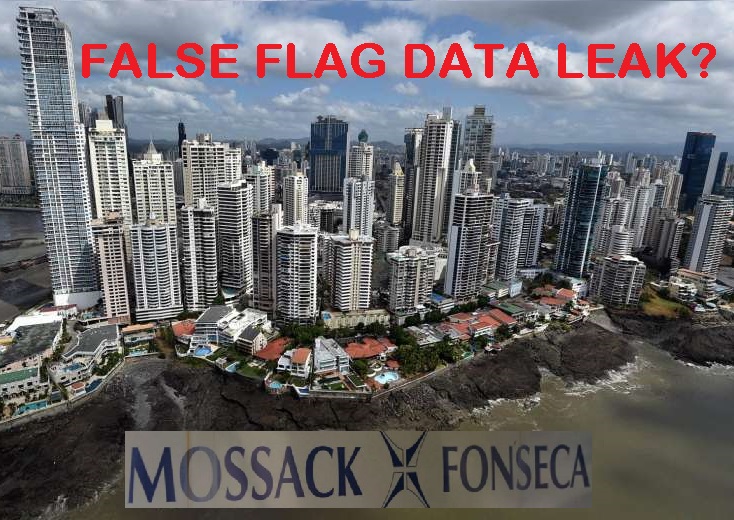06 April 2016 UPDATE: Iceland’s Prime Minister Resigns!
In a report circulating the Internet today, Maj. Gen. Bert Stubblebine (US Army, Ret.) commented on the release of the Panama Papers, the largest document leak in history, over 11 million records.
“I strongly suspect a False Flag Data Leak. I lived in Panama for several years and am aware of how careful Panamanian professionals can be. That particular law firm had very good security. It would have taken NSA-level capacity to break in and copy all those terabytes of data. The data would not have been centralized and easy to download.
“Why take all that private data about people who may or may not have been doing anything illegal? As an Intel Op cover? Insert into the stolen private data false records implicating, say, the PM of Iceland who had been a strong opponent of the Int’l Bankers, by showing him secretly owning shares in those same banks; implicate Russian President Putin in off-shore secret accounts — the American controllers always want to implicate Putin. NPR is already calling for “stronger controls…” so we are justified in questioning the story we are being told.
“Who leaked the Panama Papers? Qui bono?“
Who benefits (the meaning of the Latin question “Qui bono?”) — perhaps we will know as the political fallout spreads from the Panama Papers revelations. One thing for certain, many wealthy and powerful individuals who thought to maintain their privacy now find their security violated. While few may have any sympathy for politicians who support financial controls at home while they utilize off-shore accounts for their private affairs, we must not lose sight of the significant privacy rights of perhaps millions of law-abiding individuals who have legitimate reasons for maintaining accounts and entities in countries other than the country of which they are citizens. In an increasingly internationalized world, such developments are to be expected.
Now discerning individuals must ask, “How can any personal privacy be maintained in a world in which government spying goes hand-in-hand with mass data leaks?” Digital records and digital money are always at risk. Consider what happened in Cyprus during its banking crisis a few years ago. Large depositors saw their cash deposits forcibly converted into equity holdings in very shaky banking institutions. The safety of their holdings was placed in jeopardy.
The famous plutocrat, JP Morgan is said to have remarked, “Gold is money; all else is credit.” With that understanding, we can see that foreign bank accounts, off-shore companies and the like can never be truly safe. Perhaps JP Morgan was right. The only way to preserve privacy, security and safety is to hold precious metals, not credit “money” instruments, no matter where they may be stored, or how careful the security. One way to easily hold gold (in small or large amounts) is through registered, security embedded micro gold bars. More about that HERE.


